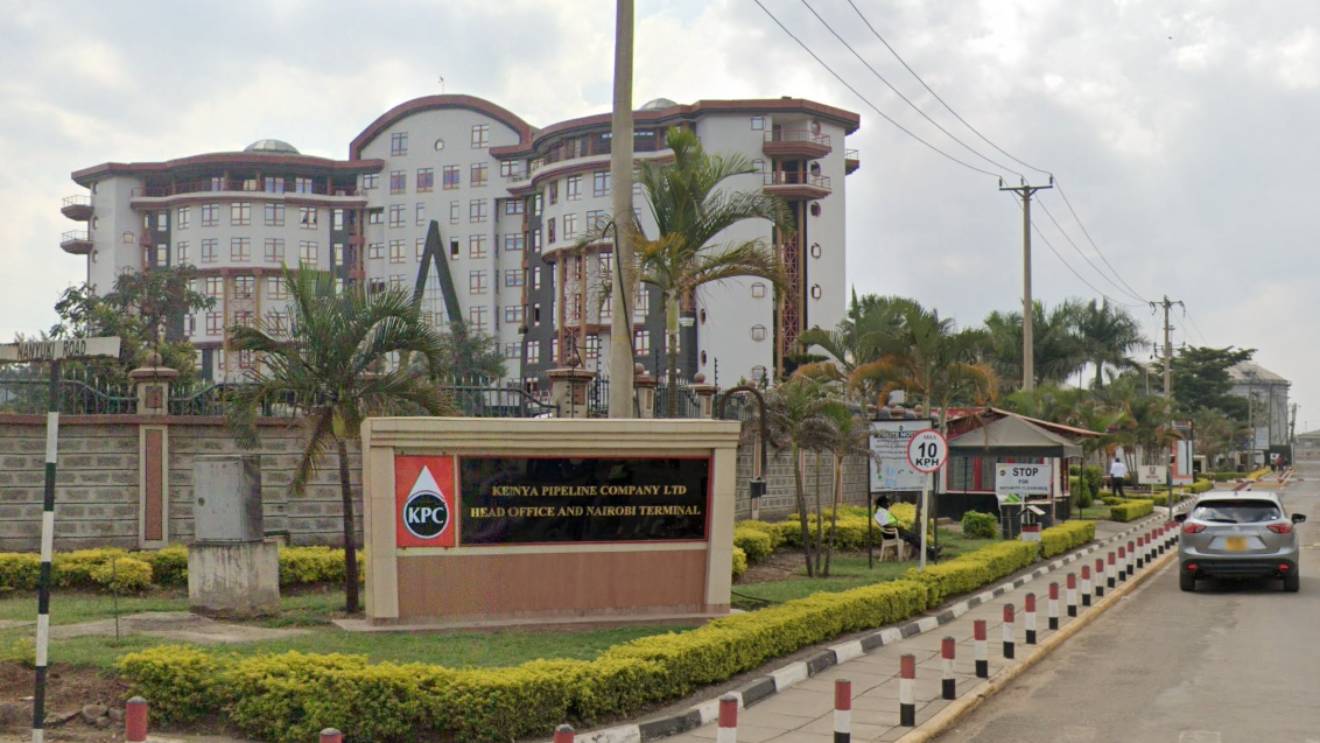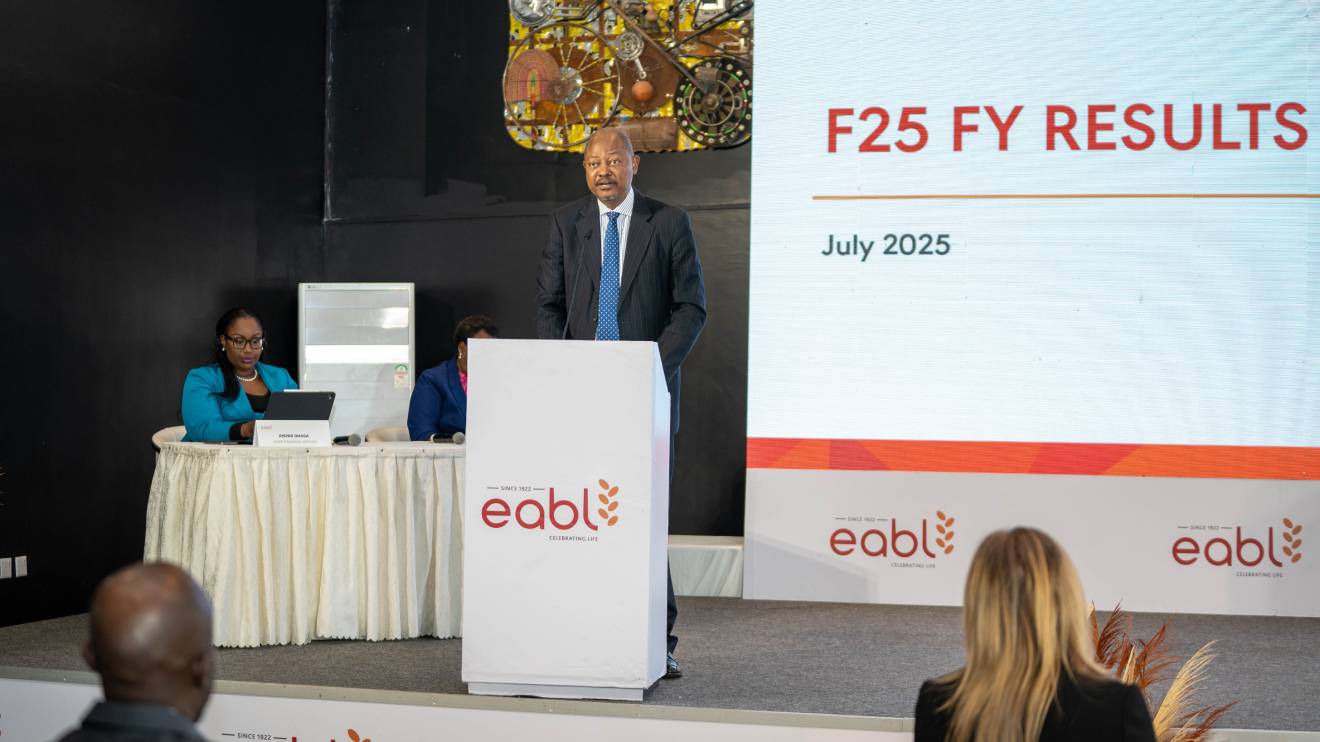Kenya Pipeline Company (KPC) is set to undergo partial privatisation following a Cabinet decision on Tuesday that marks a major shift in the government’s approach to managing commercial enterprises.
During a meeting chaired by President William Ruto at State House, Nairobi, Cabinet approved the reinstatement of KPC into the privatisation programme.
The move aims to transfer part of the company’s ownership to the public through the Nairobi Securities Exchange while reducing direct State control.
Explaining the decision, Cabinet noted that the company’s potential had been hindered by public sector constraints.
“KPC, a strategic player in Kenya’s energy supply chain, has maintained a strong profitability record and holds significant asset value. However, the Cabinet noted that the company has not yet reached its optimum performance and market value, largely due to bureaucratic constraints and public sector inefficiencies,” the Cabinet said.
Read More
According to the Cabinet, the injection of private funds and management expertise is expected to revamp operations and improve performance.
“Bringing in private capital and professional expertise is expected to inject new energy into the company, modernise operations, and position KPC as a regional logistics and energy powerhouse,” the Cabinet said.
The government said the decision is consistent with a wider policy shift towards enabling the private sector to lead growth.
“The decision reflects the government’s policy shift toward reducing its role in doing business and instead enabling the private sector and industry experts to drive growth, efficiency, and innovation,” the Cabinet explained.
The Cabinet also recalled previous examples where privatisation delivered long-term benefits to the economy.
“Safaricom, Kenya Commercial Bank, and KenGen are prime examples of formerly State-controlled entities that became high-performing companies following privatisation, driving shareholder value, expanding regionally, and creating thousands of jobs,” the Cabinet noted.
Officials believe the planned divestiture of KPC will likely produce similar results.
“The divestiture of KPC is expected to follow this path, boosting investor confidence and supporting the development of Kenya’s capital markets,” the Cabinet said.
In endorsing the move, the Cabinet also signalled a reallocation of government focus away from running commercial entities.
“The approval marks a shift from State dominance in commercial enterprises to a model that embraces private sector-led growth, operational discipline, and accountability, ultimately ensuring that public resources are better used to deliver essential services,” the Cabinet concluded.
The KPC decision was one of several wide-reaching resolutions made during the Tuesday meeting, which also addressed priorities in healthcare, energy, infrastructure, and youth empowerment.







